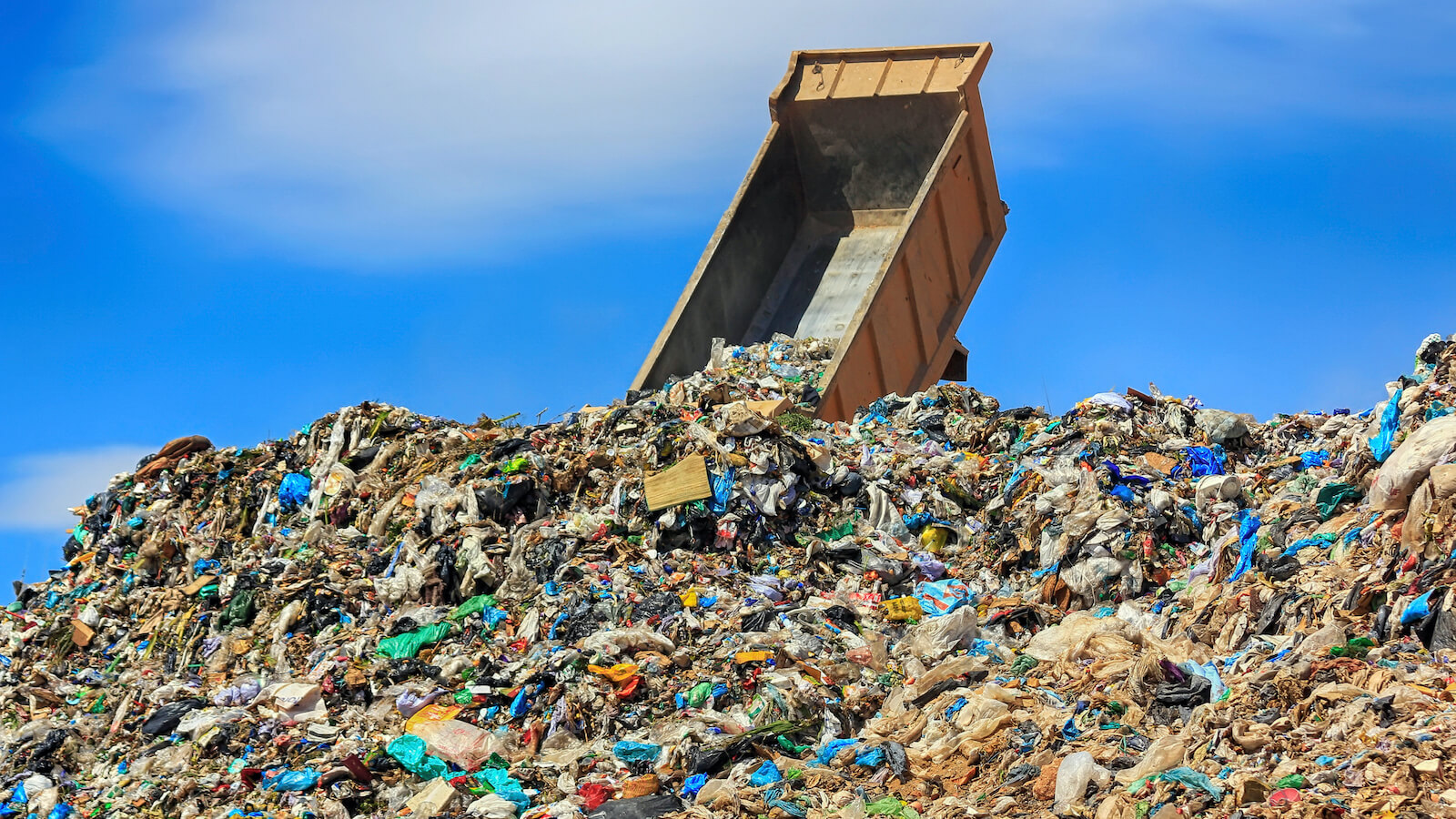
This Earth Day, put our planet over plastic
Tiny plastic pellets, called “nurdles,” are being dumped into our waterways. A new bill could make this microplastic pollution illegal.
Donate
Plastic fragments have been found at the top of the Alps, in the deepest parts of our oceans and likely, in your local waterways. Some of this microplastic is in the form of nurdles. You may not be familiar with them, but these lentil-sized plastics pose a huge threat to our waters and wildlife.
Nurdles, also called plastic pellets, are the building blocks of plastic manufacturing. At plastic factories, pellets that fall on the floor or get contaminated with dirt are sometimes washed down drains. Because they’re small and lightweight, nurdles are often spilled during transport too. In 2023, a CSX train crashed near the Anacostia River in Maryland and dumped pellets, and a few months later, three Norfolk Southern trains derailed and dumped pellets near the Lehigh River in Pennsylvania.
Plastic pellets are extremely difficult to clean up once they reach our waterways, and often polluters are not held accountable. One example: In Louisiana, 743 million pellets were spilled from a container ship in the Port of New Orleans. It took weeks to begin clean-up while agencies and companies debated who was responsible, by which point a local expert estimated as many as 75 percent of the pellets had already swept downstream.
Ten trillion pellets are estimated to enter the ocean each year, making them the second-largest source of marine microplastic. They dot the beaches of Florida and are piled up on Oregon, South Carolina and Texas coasts. Inland waters are at risk too. A study of 66 beaches in the Great Lakes region found 60 percent contained nurdles.
Every plastic pellet that has ever been spilled or washed into our waters is likely out there in some form or another. That is because nurdles can take anywhere from 100 to 1,000 years to break down.
Once in the environment, it’s far too easy for a bird, fish or turtle to mistake these plastic pellets for food. If they eat enough plastic, they can starve to death.
Plastic pellets can also absorb toxic chemicals including DDT, PCBs, and mercury. These types of pollutants bioaccumulate, meaning they become more concentrated and more toxic as they move up the food chain. If we eat an animal or fish that has ingested nurdles, the plastic and toxic chemicals from that animal will end up in our system, too. It’s estimated that the average person ingests about a credit card’s worth of microplastic particles every week.
The Clean Water Act is supposed to stop companies from dumping pollution into our rivers, but rules regarding plastic pellets are outdated and often not enforced. Formosa Plastics in Texas released millions of nurdles from their factory near Lavaca Bay for years despite having a permit allowing for only “trace amounts,” leading to a lawsuit by the San Antonio Bay Estuarine Waterkeeper.
The large settlement hasn’t been enough to convince other companies to stop pellet pollution: In December 2023, PennEnvironment and Three Rivers Waterkeeper sued BVPV Styrenics LLC and its parent company, Styropek USA, Inc., for alleged violations of the federal Clean Water Act involving illegal discharges of plastics from their plastic manufacturing facility in Monaca, Pennsylvania.
Companies shouldn’t be allowed to dump or spill plastic into our waterways. That’s why we’re working to pass the Plastic Pellet Free Waters Act. The bill would ban discharges of plastic pellets from facilities or sources that make, use, package or transport them.
It’s a common-sense solution, but few realize how big a problem nurdles are. That’s why we’re building a powerful coalition of local water protectors and concerned citizens to educate the public and convince Congress to act, before another 10 trillion pellets pour into the ocean. And, when we find companies violating existing clean water laws, we’re filing lawsuits to stop pellet pollution.
PIRG has a long history of effective work to reduce plastic waste. Thanks to our combination of grassroots organizing and professional research and advocacy, more than a dozen states have enacted a ban on one or more types of single-use plastic. We’re also well-positioned to build the support needed to pass national legislation thanks to our network which includes 30 state offices, Environment America, the Student PIRGs on dozens of college campuses, the Clean Water Network and the National Environmental Law Center.
With your help, we can pass the Plastic Pellet Free Waters Act. Tell your senator to cosponsor the legislation.
Help put a stop to companies dumping plastic into our water.
ADD YOUR NAME
If we win, we can take a big bite out of the plastic pollution that’s threatening our waterways and wildlife.
Lisa directs strategy and staff for Environment America's federal campaigns. She also oversees The Public Interest Network's Washington, D.C., office and operations. She has won millions of dollars in investments in walking, biking and transit, and has helped develop strategic campaigns to protect America's oceans, forests and public lands from drilling, logging and road-building. Lisa is an Oregonian transplant in Washington, D.C., where she loves hiking, running, biking, and cooking for friends and family.